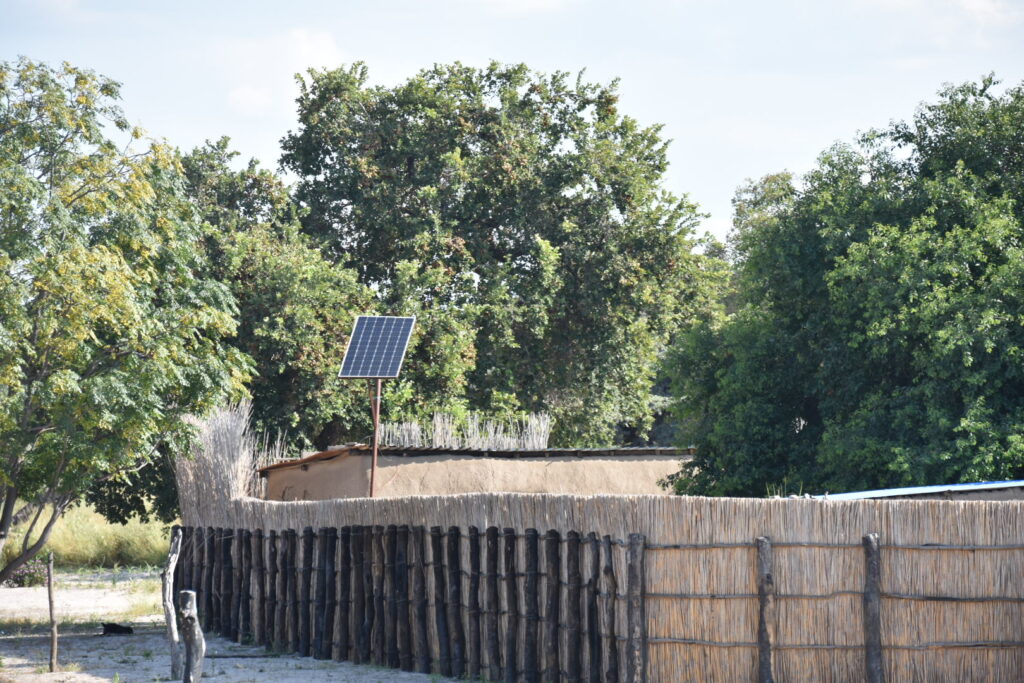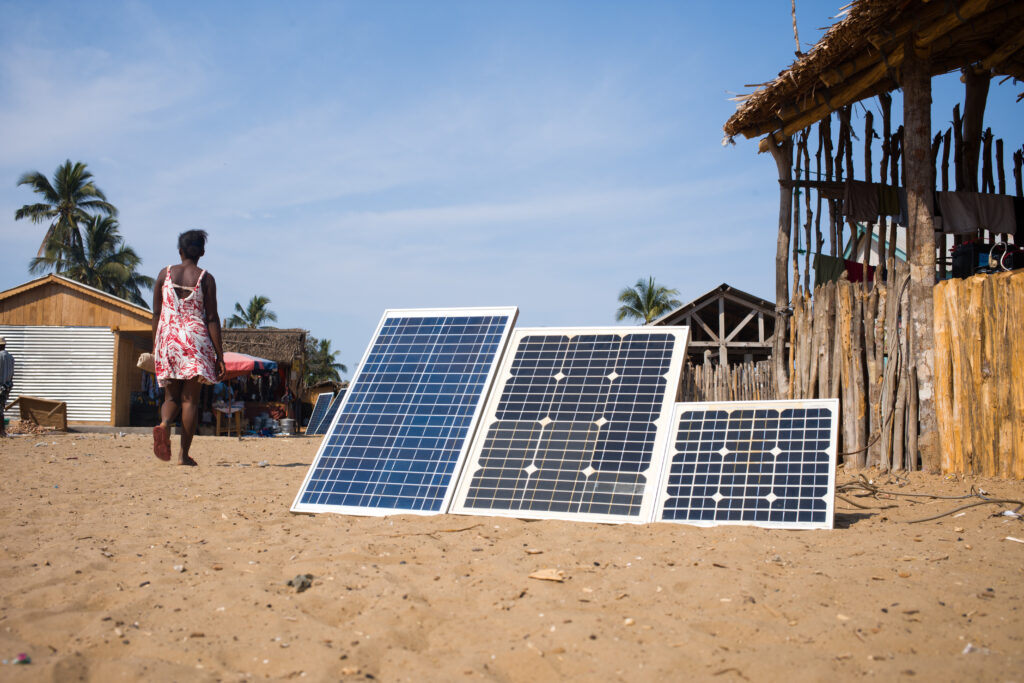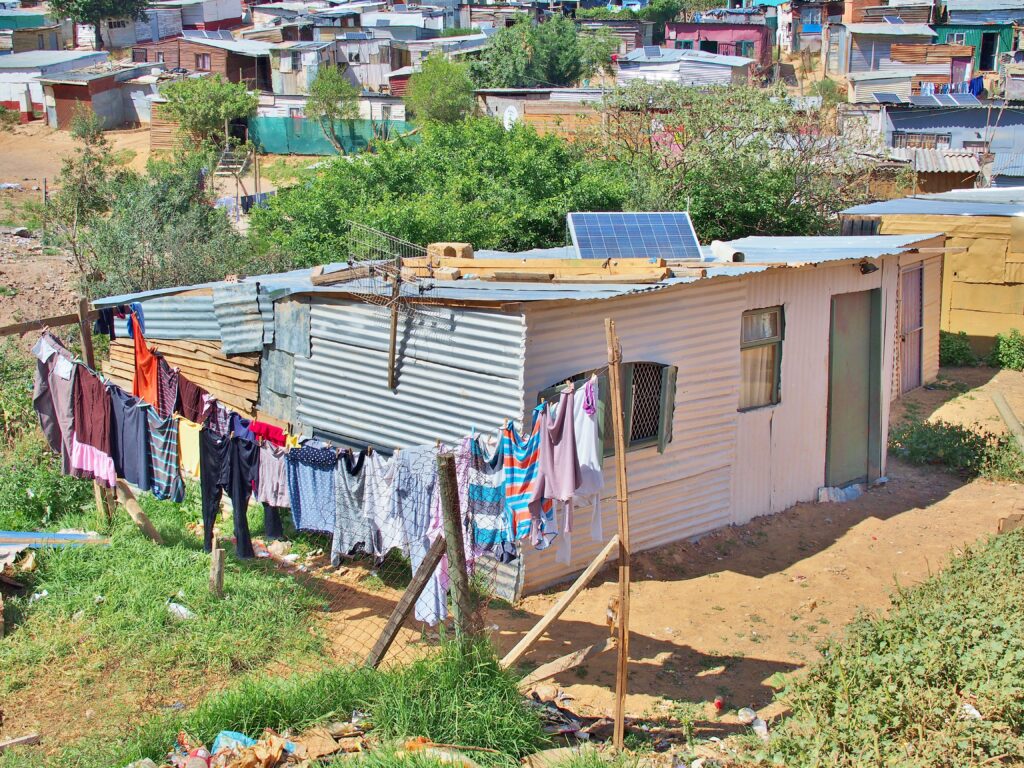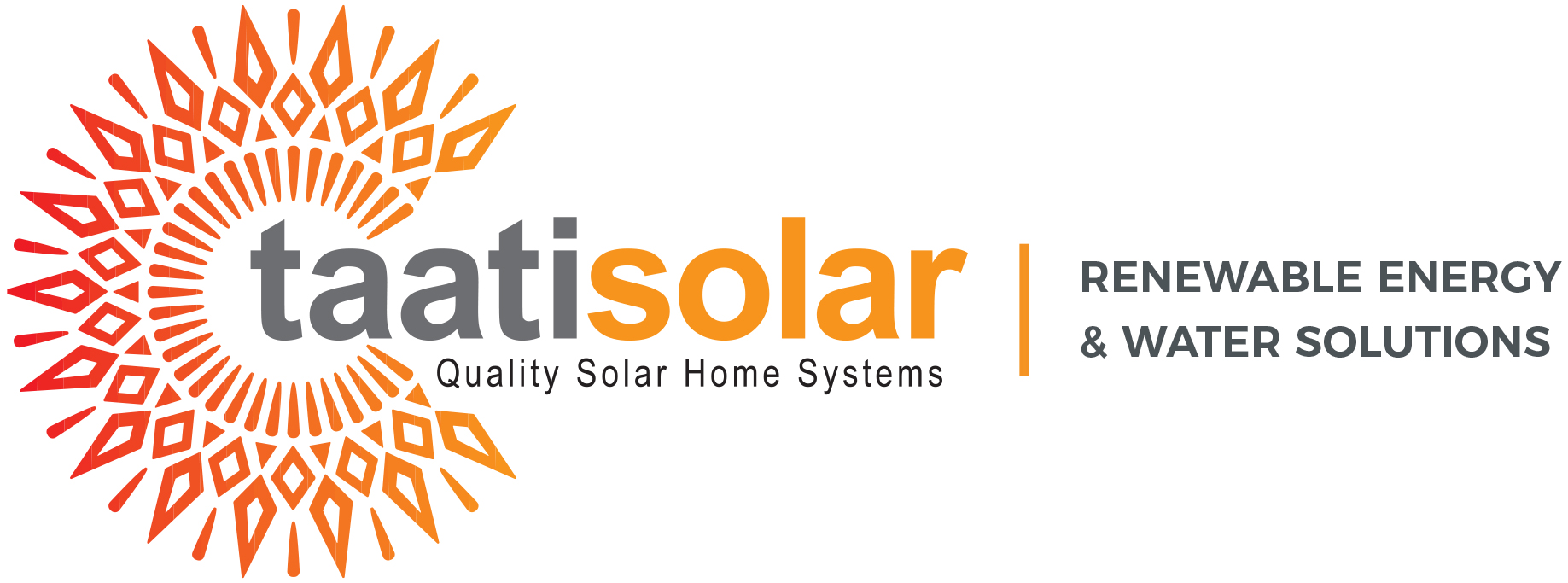Solar energy can be transformed into heat or electricity and is obtained from the sun’s rays. The sun’s energy is always accessible to us for free, and because of technological advancements, we can now use even more of it.
Environment Impact

Among all energy sources, solar energy has the least detrimental effects on the environment. It does not damage the water or release greenhouse gases into the atmosphere. In contrast to nuclear and coal power plants, for example, which need 20 times more water, it also uses a very little amount of water for maintenance. Since many solar installations, including household solar panels, are located in metropolitan areas, the fact that solar energy production produces no noise is a significant advantage.
Cut Your Energy Costs

You will need less electricity from the utility provider if you generate it yourself. Your energy bill will immediately decrease as a result of this. Additionally, you can profit by returning the excess electricity you’ve produced to the grid. You may increase the value of your green investment with available solar panel grants. Your energy independence will rise as you create more energy and use less from the source.
Production of Energy During Peak Times
Energy demand tends to be higher in the 11:00-16:00 time frame and then early in the evening. Naturally, this is the time when electricity prices are at their highest. Because of the time of day, solar energy can produce the most at that period.
The value of the electricity generated at that time is higher than if it were done at night. Prices during certain periods could be lowered to a level that is comparable to nighttime levels with the additional electrical input provided by solar energy.
Solar Energy Can Be Used Anywhere

As long as there is sunshine, solar energy can be deployed anywhere. For distant areas without access to other sources of electricity, this is especially helpful. There are a sizable number of people without access to electricity throughout the world.
Millions of people’s lives could be improved by installing independent solar systems in those areas. Additionally, solar energy is used to power ships and spacecraft.
During long-distance transportation, less electricity is lost.
3-5% of the energy is lost during transit and distribution. Energy is lost at a rate that increases with the distance between the production and supply points. Even while those losses might not appear considerable, they can have an impact on the installation’s effectiveness in areas with dense populations.
This distance is substantially shorter when solar panels are installed on the roof or in the yard, which boosts their effectiveness.
Strengthens Grid Security
If there are multiple power plants spread out, the grid is less susceptible to blackouts. There are thousands of widely dispersed energy production centres in a system with high solar energy penetration. As a result, the grid is more secure in the event of overload, natural disasters, or man-made catastrophes.
Employment Creation

The development of jobs is one of the many benefits of solar energy. The installation of the panels accounts for a sizable portion of the cost of solar systems. This helps to generate employment locally. Utilizing solar energy benefits the local population and the economy.
